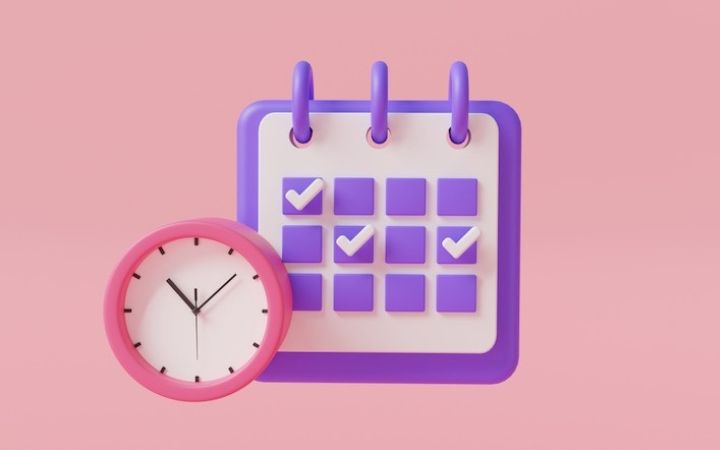Shortlist and interview
Shortlist
The person specification should be used to assess all applications and determine which candidates meet the minimum requirements. You should only use the application and not information gained from other sources (e.g. social media), unless the candidate has linked those sources in their application.
Shortlisting should be conducted by minimum two people (including the line manager of the vacant role) to avoid any possibility of bias. If a colleague has a personal relationship with any applicant, this must be declared to People and the Chair of the selection panel.
- Template for shortlisting (Word)
In advance of interview
- Give clear instructions to candidates on the interview arrangements and any task.
- Consider giving candidates the interview questions 1-2 days in advance – this can help reduce anxiety, encourage higher-quality answers, and ensure equality for anyone who has difficulty answering without preparation.
- If requested, you are legally required to provide any documents in alternative formats and/or make reasonable adjustments to the interview arrangements.
- Determine the appropriate composition of the recruitment panel which should include members with different perspectives, expertise and be gender balanced.
- Provide panel members with job description, person specification and shortlisted candidates’ applications.
Interview questions and task
- All candidates should be asked the same standard questions, to be agreed in advance.
- You may ask follow-up questions if needed to gain more details.
- Focus on skills, knowledge and experience needed for the role (as outlined in the job description and person specification).
- Ensure all key aspects of the role are covered in the interview.
- Candidates should also have the opportunity to ask questions of panel members.
Making appointment decisions
- All panel members must be trained in recruitment and selection, and understand their legal responsibilities to ensure equality throughout the recruitment process.
- The person specification should be the only basis for scoring and comparing candidates.
- Scores and discussion among the panel will determine which candidate(s) are appointable.
- If you have two or more equally appointable candidates, consider a second interview. If no candidates are appointable, you should go out to recruitment again or explore other options.
- References, applications and CVs are confidential and must not be shared outside the interview panel, unless the candidate gives clear permission.
Other selection methods
Although interviews are the most common recruitment method at the University, you may also consider other options such as: assessment centres, role play, group exercises, practical or psychometric tests, or ‘in-tray exercises.’ If you wish to explore any of these, contact your People Partner.
For academic roles
- Ensure the panel can address all aspects of the role (e.g. ensuring a teaching and learning expert is involved in interviews for teaching roles).
- Integrate teaching tasks into interviews for these roles – you may wish to involve student volunteers and ask the candidate to deliver a brief lecture, give a sample tutorial or meet a group of students.
- For teaching roles, questions should cover not just face-to-face teaching, but also assessment / feedback and interaction with students beyond classes.
- For early career roles, strongly consider potential and commitment – not just experience.


